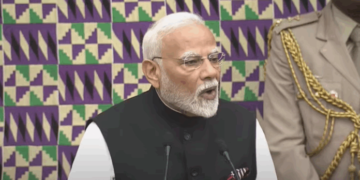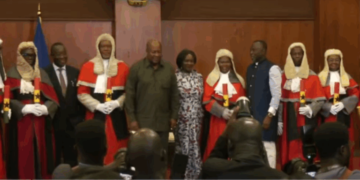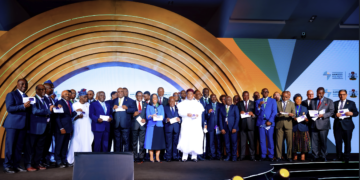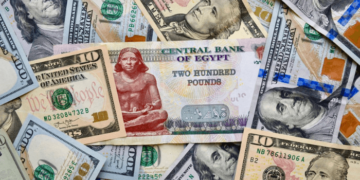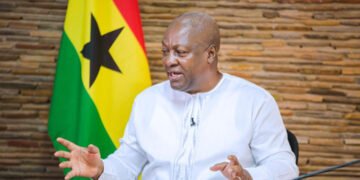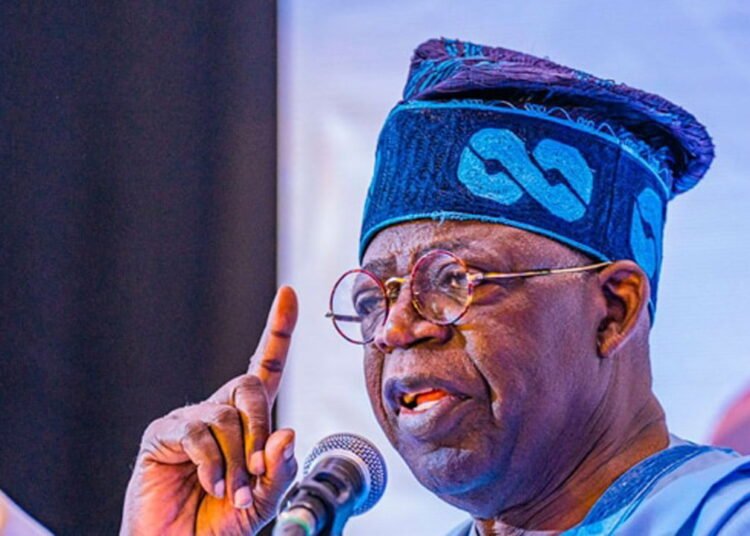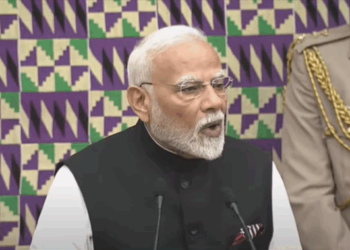The presidency has revealed that Nigeria is now saving a significant $7.5 billion annually following the removal of the fuel subsidy.
This amount was previously allocated to subsidizing fuel prices, which was a drain on the country’s resources.
Sunday Dare, Special Adviser on Media and Public Communications to President Bola Tinubu, shared these figures in a recent bulletin outlining key achievements in the oil sector since the subsidy removal.
In addition to the savings, President Tinubu’s administration has introduced five new executive orders expected to unlock $2.5 billion in investments in the oil and gas sector.
The reforms also include the introduction of two distinct pricing tiers for petroleum products, one for truck deliveries and another for those transported by sea.
These steps are part of broader efforts to streamline the oil sector, ensuring more efficient distribution and investment.
The decision to remove the fuel subsidy, which was announced in President Tinubu’s inaugural speech in May 2023, has led to a sharp increase in petrol prices.
Prices have surged from N180 to N620 per liter, and more recently, to approximately N1,200 per liter.
Despite the backlash and the rising cost of living, the move has allowed Nigeria to save resources that can now be redirected towards critical sectors such as education, health, and infrastructure.


